Ecuador is a beautiful country with an astounding culture and amazing people. It is not surprising that so many people want to move to this exotic destination. They long to explore a diverse environment and enjoy unique adventures. Before relocating to Ecuador, however, travelers should study a comprehensive “must-know” list to guarantee a rich and rewarding experience.
Gather the necessary information, and be adequately prepared for the move to Ecuador. Going with preconceived notions is not the way to ensure successful travel. Everyone needs to know the facts before leaving home. At least, be willing to learn the basic information about traveling to your country of choice.
Ecuadorian Travel “Must-Know” List
Immunizations
It is advisable for travelers to check their history of immunizations six weeks before the trip to Ecuador. Anyone who is staying in the country for longer than a few weeks or plans to travel outside the urban areas should review the complete immunization recommendations from the Center for Disease Prevention and Control (CDC).
Generally, immunizations are not required to enter Ecuador. Entry to parts of the Amazon though requires Yellow Fever immunization. The best course of action is to ask your doctor which vaccines and medicines are necessary based on the travel area, length of stay, and expected activity. Requirements can differ for travelers to Ecuador from certain countries other than the US.
Documents
Passport
Travelers should make copies of their passport and wallet contents. They should leave one copy with someone at home, and take the other copy with them. Secure original documents in a safe place.
For trips to Ecuador, passports must be valid for at least six months beyond the travel dates. A trip ticket is needed to prove the length of your stay. Ecuadorian law requires you to carry identification at all times.
Medical Information
People with existing medical conditions should have all information about their illness and medication translated into Spanish. They should always carry this document with them in Ecuador.
Medical Insurance
All travelers should check with their health insurance plan regarding foreign coverage before leaving home. Many retired expats in Ecuador buy into the government health system and pay a monthly fee. Other retirees choose a private health plan with a higher monthly payment.
Good medical care is available in all urban areas. Expats use private clinics as well as public hospitals. Minor health problems might be able to be resolved at a local pharmacy. Ecuador offers quality medical care at a low cost. Blood tests, examinations, etc., are done for an inexpensive fee.
Looking After Your Health
Living in this tropical country will require paying attention to certain health information. For example, Ecuador’s hot sun means that plenty of sunblock and protective hats are a must. After all, the equator runs right through the middle of this country. Yet Ecuadorian temperatures can still fluctuate from the cool high mountains to the more comfortable sub-tropical regions along the foothills of the Andes Mountains.
Travel to tropical and subtropical areas, such as the Ecuadorian coast and Amazon region, increases the risk of mosquito bites. Remember that diseases, including malaria and dengue, are spread through insect bites. Be mindful of mosquitoes; take proper steps to protect yourself.
Travel Safety Advice for Tropical Ecuador
Protection from Mosquitoes
- Use an effective insect repellent.
- When outdoors, wear long-sleeved shirts, long pants, and a hat.
- Remain indoors during the peak biting period at dusk and dawn.
- If possible, sleep with fans.
High Altitudes
Be prepared to encounter high altitude areas. For example, the city of Quito is 9200 ft above sea level. The air is thin in such regions, and often foreigners find it hard to breathe without a degree of difficulty. Altitude sickness is a possibility.
Although usually if people take it easy and drink plenty of water, they will do fine in this environment. It is a good idea, however, to acclimatize yourself when possible before traveling to higher elevations. For example, Cotacachi is about 1,000 ft lower than Quito.
Visas
Different visas are required depending on the length of stay in Ecuador and – in rare circumstances – according to the country of departure. Upon arrival in Ecuador, travelers will receive a 90-day free tourist visa. For longer visits up to six months, a 12-IX tourist visa is a requirement.
Such visas can be obtained before travel from an Ecuadorian consulate in one’s home country, or travelers can get them when they arrive in Ecuador. The extra 90-day period is the maximum extension.

Travelers can stay longer than six months by applying for and receiving a non-resident visa. This type of visa is required in certain instances, such as for students, workers, missionaries, or participants in a cultural exchange.
If staying for most of the year or living permanently in Ecuador, one must have a resident visa. There are six different categories. The resident visa is the only visa that allows you to bring furniture and personal belongings duty-free into Ecuador.
Although since Ecuador has talented craftspeople who can produce customized products, many new residents buy furniture in Ecuador rather than shipping goods from home. Sometimes though newcomers bring fine linens and bedding with them because sizing can be different in this country. Keep in mind that that used cars cannot be shipped to Ecuador. All automobiles sent to Ecuador must be in the current year or a brand new model.
Obtaining a Resident Visa
This visa is the natural step for anyone who wants to make their home in Ecuador. Keep in mind, however, that the resident visa requires newcomers to live in Ecuador for nine months each year of the first two years of the visa.
The application for a resident visa involves several steps. Yet it is a straightforward process, and office staff will offer assistance to applicants. Note that visa rules and enforcement can change from time to time.
Whether they just come for a visit or want to establish residency, this South American country is welcoming to people around the world. Ecuador offers permanent resident visas to different groups including foreign investors and retirees.
Ecuadorian Lifestyle
The success stories of people who have already moved to Ecuador is proof that it is possible to have a great life in this country. They share unique personal experiences and give a balanced view of life in Ecuador. Yet everyone who plans on moving to Ecuador has to come with their eyes open (and their mind) as well as having a realistic expectation of this new way of life.
Everyone has their own ideas about positives and negatives, and my likes might be your dislikes. A perfect place doesn’t exist, but every location has something to offer someone. Just like in Ecuador’s case, some places have many things to offer multitudes. Of course, Ecuador might not be for everyone, but it could be just the home for you.
Cost of Living
One of the most advertised advantages about life in Ecuador is the country’s low cost of living. In fact, Ecuador has one of the cheapest costs of living in the world. Yet monetary benefits cannot be the sole factor in deciding about a move to another country.
Ecuador’s cost of living might be cheaper than the US, but people must also remember that Ecuador has a distinct culture. For a US citizen planning to become an Ecuadorian resident, it is not just a matter of living in a cheaper version of home. This country is significantly different from the US. Nobody can deny, however, that Ecuador is easy on people’s budgets.
Tax Information
Foreigners living in Ecuador are subject to reasonable tax requirements. The Ecuadorian government generates a majority of its tax revenue from value added tax (IVA) which is usually included in the total cost of goods. Sometimes fine hotels and restaurants add it to their prices. Keep in mind though that fine dining is a very affordable option anyway in this country. Those over 65 can claim an IVA refund.
The Ecuadorian government taxes businesses and individuals only on income earned in Ecuador at a graduated scale up to a maximum of 25 percent.
While the US requires its citizens living in Ecuador to pay tax on worldwide income, benefits (such as the foreign earned income exclusion living) still make it attractive to live and invest in this destination. Ecuador’s income taxes are based only on income earned in the country.
According to Ecuador’s real estate laws, the average property tax rate in Ecuador is only 0.2% of the assessed value. Since homes are quite affordable in Ecuador, property tax payments are only minimal amounts.
Ecuador on a Budget
How affordable are Ecuador’s homes? How much money will I need to live in Ecuador?
As mentioned previously, various costs are lower in this country. It is difficult, however, to zone in on an accurate sum required to buy a home or live comfortably in Ecuador. Basically, individual needs and wants will determine your total cost of living.
A single lady living in a tiny remote beach town says that she can live to her satisfaction for $800 a month. Other couples have been known to spend between $1600 and $2400 every month. The best advice is that people considering a move to Ecuador should perform “due diligence.” In other words, do research about the cost of living for your preferred lifestyle in Ecuador. Your neighbors might require more – or less – to live their dream.
Preparing to Move
If your mind is on moving to Ecuador, begin to gather the facts as well as required documentation. Make an informed decision. While still in your homeland, browse news headlines about Ecuador’s economic and political state as well as its tourism and human interest stories. Even just spending a few minutes every day for two or three weeks before your trip will familiarize you with this extraordinary country.
Ecuador’s low costs, favourable climate, interesting culture, and friendly people, as well as its spectacular beauty and the serenity and peace which comes with such splendour, will make it well-worth the effort. Plan your move to Ecuador, and enjoy the ultimate travel experience.




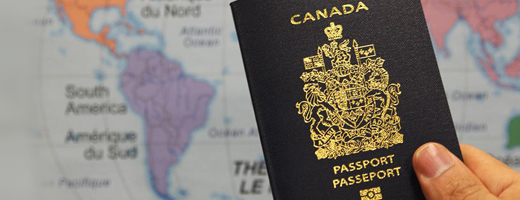



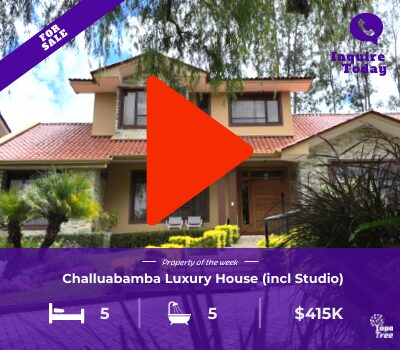



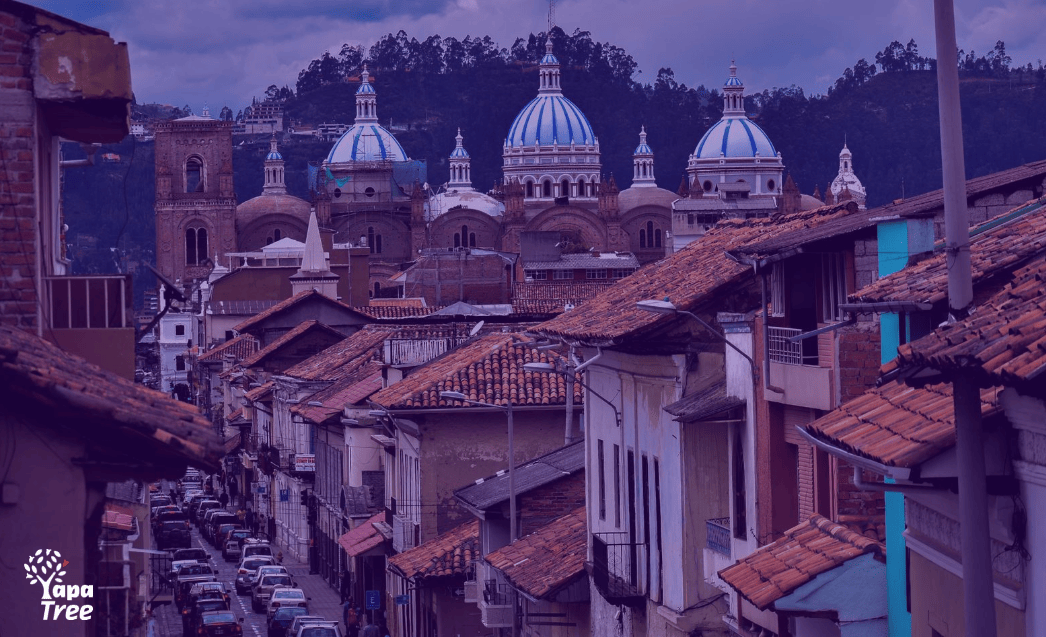
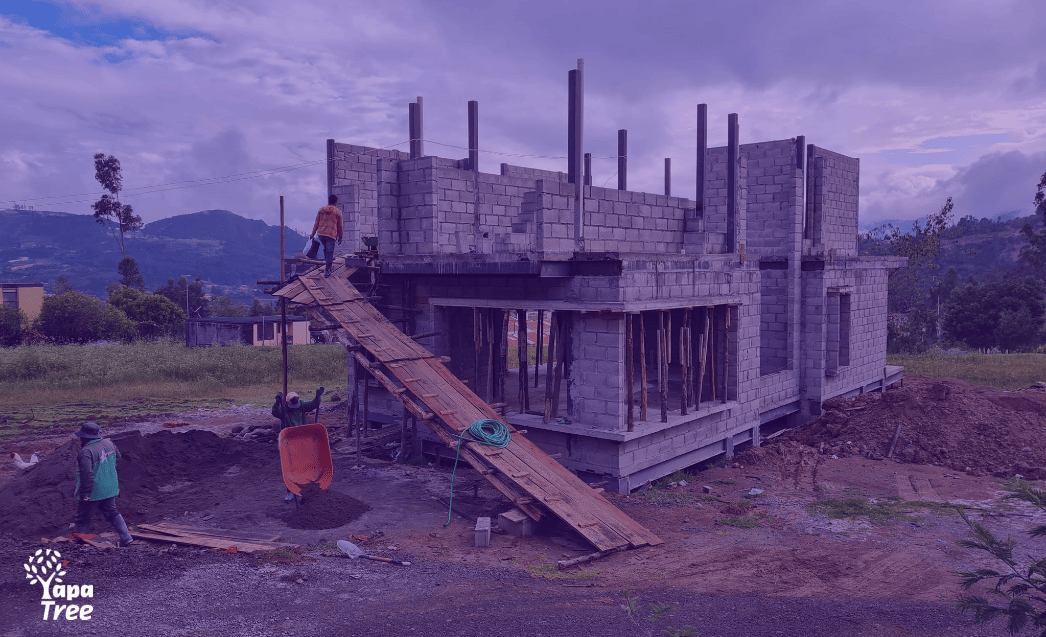
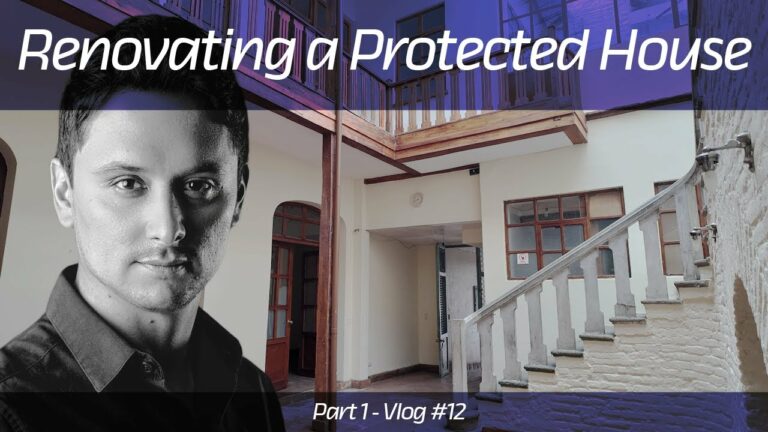

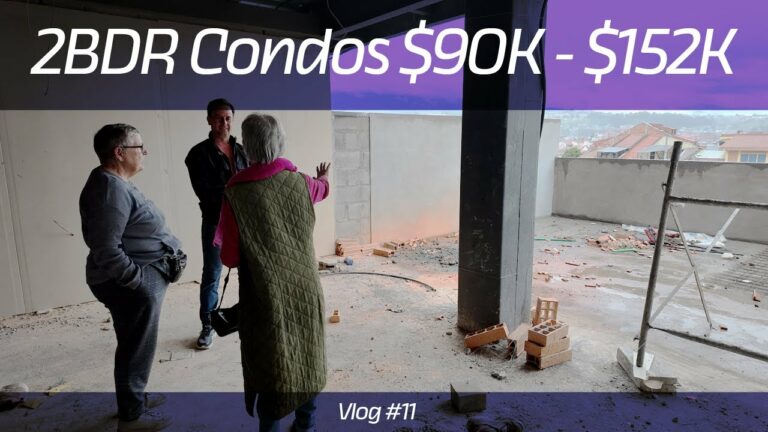

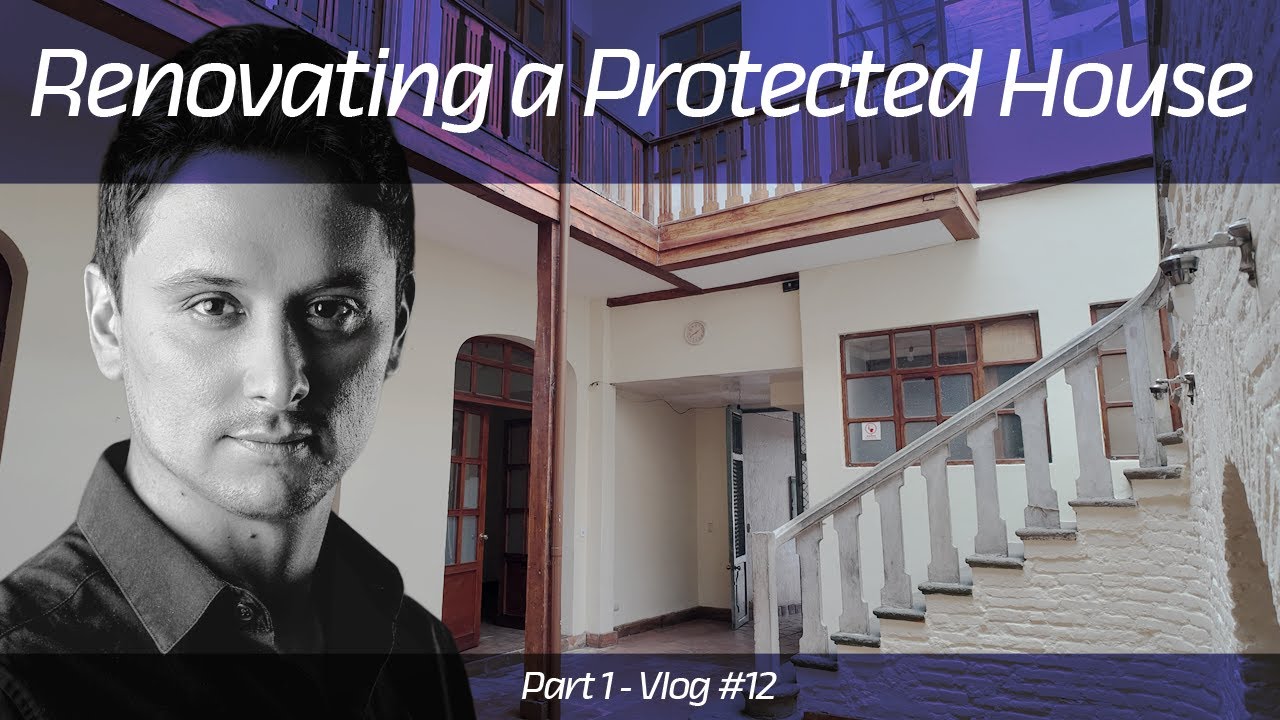

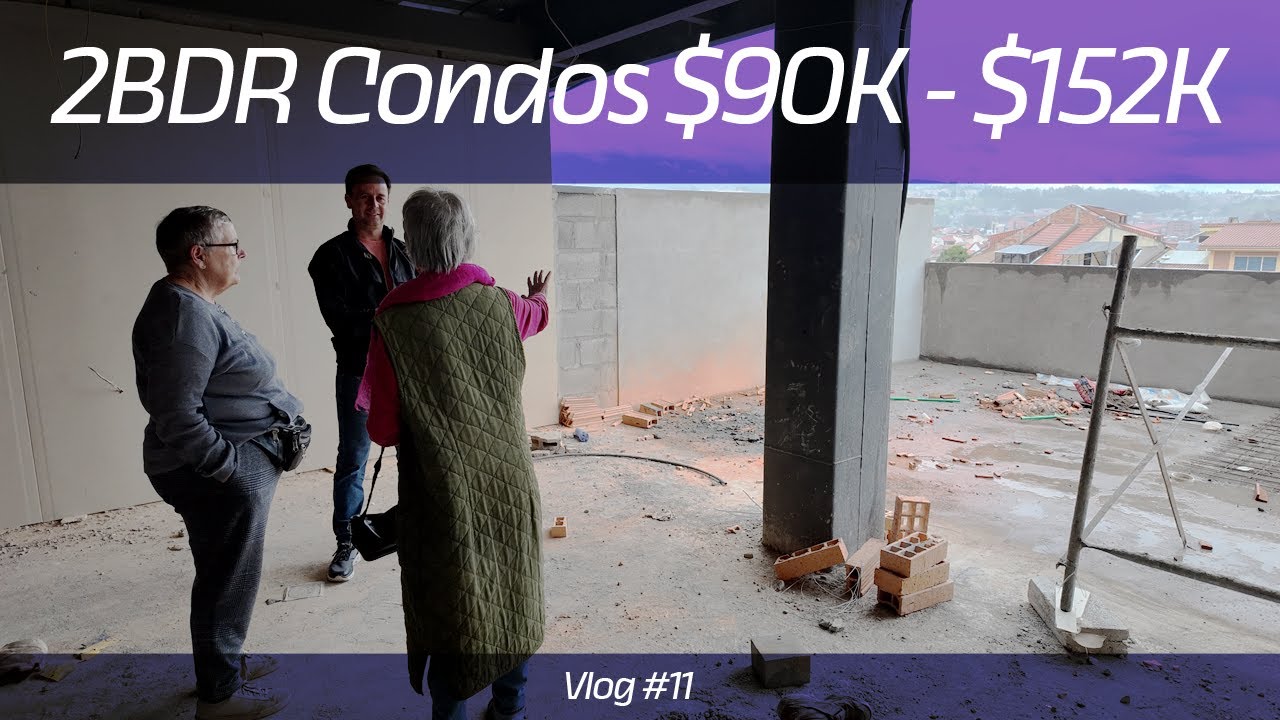

10 Responses
One more thing on immunizations. If you plan on traveling from Ecuador to, say, Australia and you don’t have your yellow fever certificate (in English) they won’t let you into the country. They don’t care that you live outside the “mosquito” zone, if you’re living in the Andes.
The book “Keys to Cuenca” has just published the 2nd edition based of the authors 5 years living here. It is available on Amazon.com as a Kindle Edition for $5. You do not have to own a Kindle reader, Amazon has a free app you can download and read Kindle editions on any computer, table or smart phone. http://www.amazon.com/dp/B00URGTR7Y…
As he sign post says, ” Lost, Unsure, Confused, Unclear, Perplexed, Disoriented, Bewildered……..thank you for clarifying this for the dumbocrats……most of the rest of us do not face those problems.
Does anyone have any information on legalising a relationship?
I am Australian and planning to move to Ecuador later in the year with my boyfriend who is Ecuadorian. We have been trying to find information on legalising our relationship so I can get a visa that way but I haven’t been able to find anything online.
Carly, I am fairly certain the only relationship you can legalize is marriage but I’m not 100% sure. Common law status is meaningless here when getting a visa to stay. You can register your marriage but not your relationship. You will need to enter on a T3 and then apply for either a professional Visa, Travel visa or investment visa if you wish to stay. If you get married here your husband can list you as a dependant
Any help on a trust worthy ( a good company ) shipping company … Located in New Jersey going to guayaquil
My recommendation would be with Relocation Services Of Ecuador. You can check them out here https://yapatree.com/directory/listings/relocation-services-of-ecuador/
Thank you for your post. Moving to Ecuador is a consideration, but a few years off.
How does anyone live on $1000 month?
Must live with pigs. Typical nice place is $700 to $1100.
Stop the lies.
Hi Mary, this is a really useful article for people moving to Quito. Another thing to consider is fitness options. It’s hard to stick to an exercise routine when you first move to a new city as you have no idea where to go. There are plenty of different ways to stay fit in Quito. I just wrote a blog post about them here that might be of interest to your readers:
http://blog.ailolaquito.com/2018/02/21/where-to-work-out-in-quito/